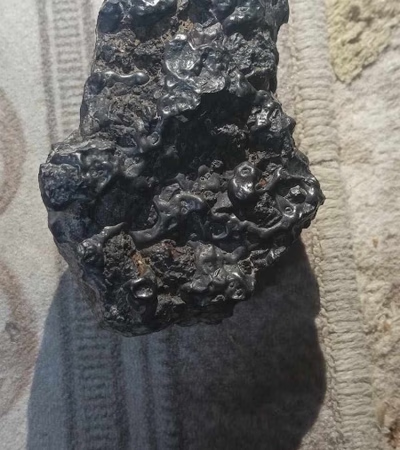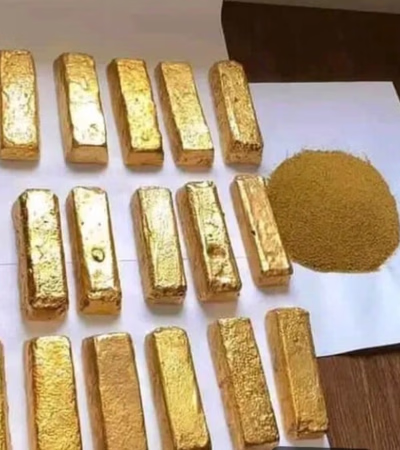Iraq"s metals market is witnessing a unique transformation driven by fluctuating economic indicators and trade patterns. Despite the nation"s heavy reliance on oil, significant shifts in industrial value addition and export behaviors are reshaping its economic landscape. Notably, while oil rents constituted 37. 26% of GDP in 2015, the contribution from non-oil sectors, such as metals, is gradually rising as seen in the increased industrial value-added growth of 8. 25% during the same period. In comparison to 2014, Iraq"s gross domestic savings have declined from 39. 93% to 25. 65% of GDP in 2015, suggesting potential reinvestment into diverse industries, including metals.
This indicates a strategic pivot towards sectors like aluminum, brass, and steel to diversify the economy. However, challenges such as the 4. 54% net outflow in foreign direct investment highlight obstacles in attracting international capital to further develop the metals market. Forecasting forward, Iraq"s focus on bolstering manufacturing could leverage the global demand for metals, particularly as the country"s GDP per capita, albeit fluctuating, positions it competitively within the region. By capitalizing on existing infrastructure and exploring renewable energy sources, Iraq could enhance its metals sector resilience. For businesses aiming to navigate this evolving landscape, platforms like Aritral. com provide invaluable resources. As an AI-driven B2B platform, Aritral simplifies the complexities of international trade in commodities and raw materials. Their services, including Product Listing and AI-Powered Marketing, enable companies to effectively connect with global traders and optimize their market presence, bridging a critical gap in Iraq"s industrial advancement.



